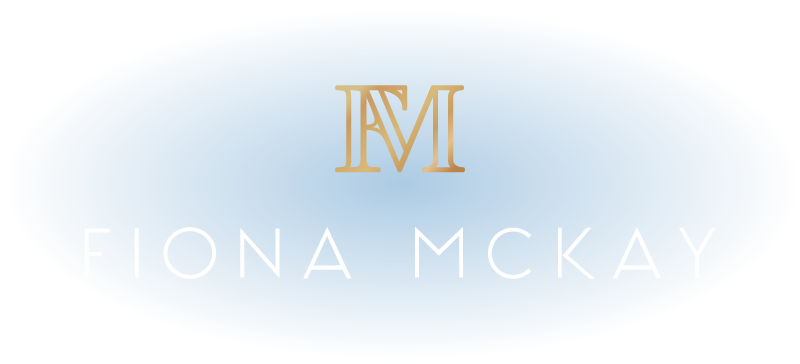IN THE PRESS - What is the wider impact of the recent £96k tribunal award on menopausal women’s careers?
Featured in the Independent Voices section of The Independent - Fiona McKay asks the question ‘ What can we learn from the Superdry designer paid £96,000 over age discrimination and the wider impact of this case on women’s careers particularly in menopause?
Staying Silent
When it comes to attitudes towards women in the workplace, one of the most powerful things we can do is to speak out.
When I had a surgical menopause at the age of 42, following a total abdominal hysterectomy, I, like many women on this subject, chose to stay silent. I didn’t tell anyone what I was going through, as I was worried that my business and my high flying career as a female founder would suffer. That, though, didn’t stop my hundreds of hot flushes a day, brain fog and crippling night-time anxiety which left me laid out flat on the kitchen floor beside my fridge-freezer trying to cool down and find the energy to function.
Thankfully, those days are over, and in recent years I have tried to become more vocal on attitudes towards women in the workplace, particularly on the menopause.
Seeing this week, then, the employment ruling on Superdry, where a judge found a female fashion designer was not promoted “in significant part” because of her age, shows we still have a battle on our hands when it comes to gender inequality.
Women face barriers that men don’t
And it goes deeper than just age. Women in the workplace face barriers that men don’t on a wide range of issues. You just need to look at FTSE 100 and FTSE 250 companies to see this. In 2021, just 8 per cent of FTSE 100 companies had a female CEO and it’s even less for FTSE 250 companies, at just 4 per cent. As the judge noted in the Superdry case, Rachel Sunderland, the woman who brought the action, did have the experience, skills, and expertise to fulfil the requirements of the higher role but was still overlooked.
You just need to look at FTSE 100 and FTSE 250 companies to see this. In 2021, just 8 per cent of FTSE 100 companies had a female CEO and it’s even less for FTSE 250 companies, at just 4 per cent. As the judge noted in the Superdry case, Rachel Sunderland, the woman who brought the action, did have the experience, skills, and expertise to fulfil the requirements of the higher role but was still overlooked.
Women being overlooked
My company, The Menopause Maze, has sought to challenge this by providing an online career coaching programme and expert career advice designed to equip professional women with the tools to improve their career health and wealth, and to maintain momentum throughout their professional lives, with a focus on the menopause.
But some women are frightened. Some enquiries we’ve had involve people genuinely scared about raising health questions in the workplace through fear of hindrance to their progression. Others, meanwhile, worry about how specific factors relating to women – like the menopause – could burden them and single them out for less favourable treatment.
If we’re to overcome these issues, we need to attack the inequality head-on. In large part, we can do this by giving women and men the tools and knowledge they need to offer a more female-inclusive workplace. Male bosses need to be laser-focused on removing the gender pay gap and conducting frequent pay audits to make sure female employees are not falling behind. Crucially, though, businesses and organisations need to listen and be prepared to learn.
Breaking the glass ceiling
When I left school, I joined the public sector courts system, becoming a High Court clerk. I then became the first female assistant chambers director, where I was responsible for many leading barristers. We can see therefore that it’s certainly possible for women to break through into the higher ranks.
Yet, progress appears slow and, in my view, has stalled. Not enough women are making it into senior positions because of a culture that still views them as less than men. Maybe I was just one of the lucky ones, making it through even though the system is still structured to hinder and not help the acceleration of women’s careers.
My message to women everywhere
The employment tribunal ruling is just the tip of the iceberg. Nothing good comes from when society and business fail women. When women do well, you get fresh ideas, innovation, and new perspectives. This leads to better productivity and more fulfilment and happiness.
My message to women? Speak up and make your voice heard. While it can be hard and shouldn’t fall on our shoulders to always do this, by being vocal we can drive change in what is a male-dominated world. It takes courage, but by being brave we can shift attitudes so every woman can fulfil their potential. Our future, quite simply, depends on it.
You can read the article in full here on The Independent website.

